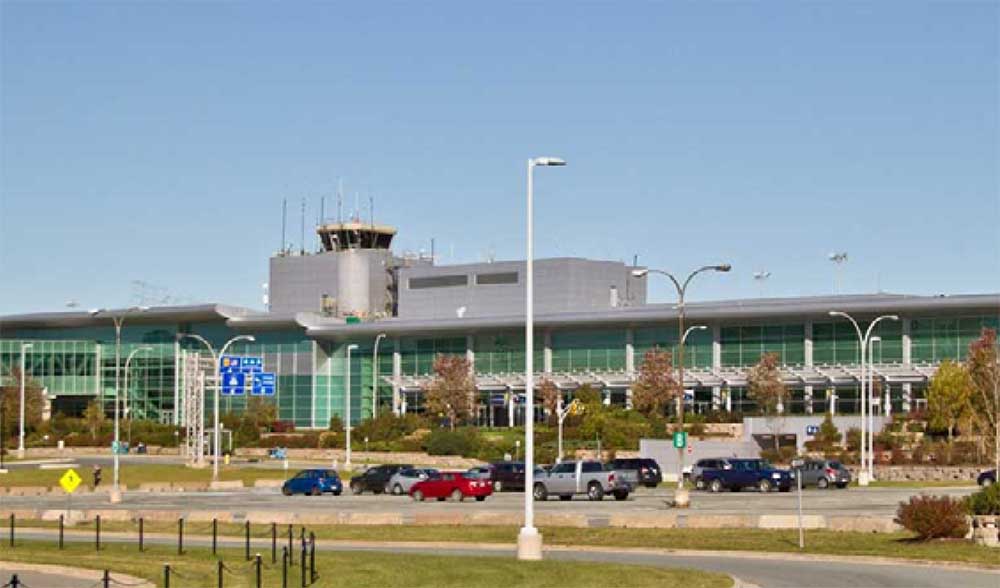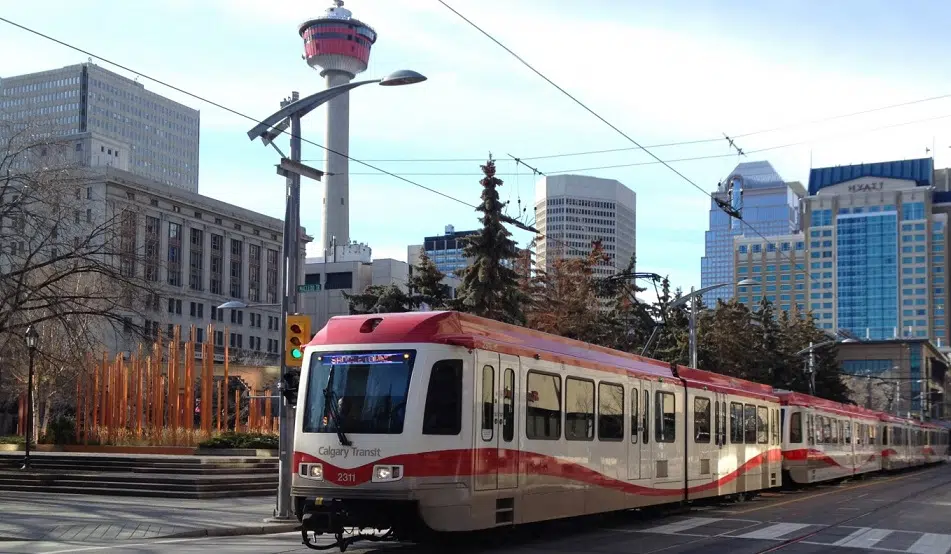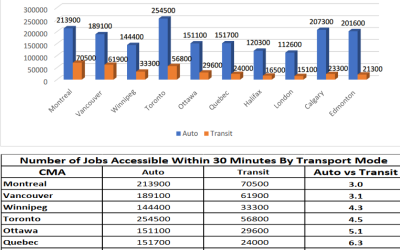Taxpayers Will Benefit If YHZ Is Privatized –
Selling off all, or part of, Halifax’s International Airport
YHZ is the airport serving the metropolitan Halifax-Dartmouth, Nova Scotia that is ultimately managed and owned by the federal government. The airport has positive operating cash flow and positive returns on assets, equity, and capital employed. But as it stands, the airport’s debt level is high in relation to its cash generation capacity, further increasing its already high debt. This valuation explores different options in which YHZ could have part of its debt extinguished to optimize total sale proceeds to the citizens of Nova Scotia. Several large airports around the world are already owned by private investors.
[su_document url=”https://fcpp.org/wp-content/uploads/VS40_Halifax-IA-ValuationSA_JN0120_F1.pdf”]



